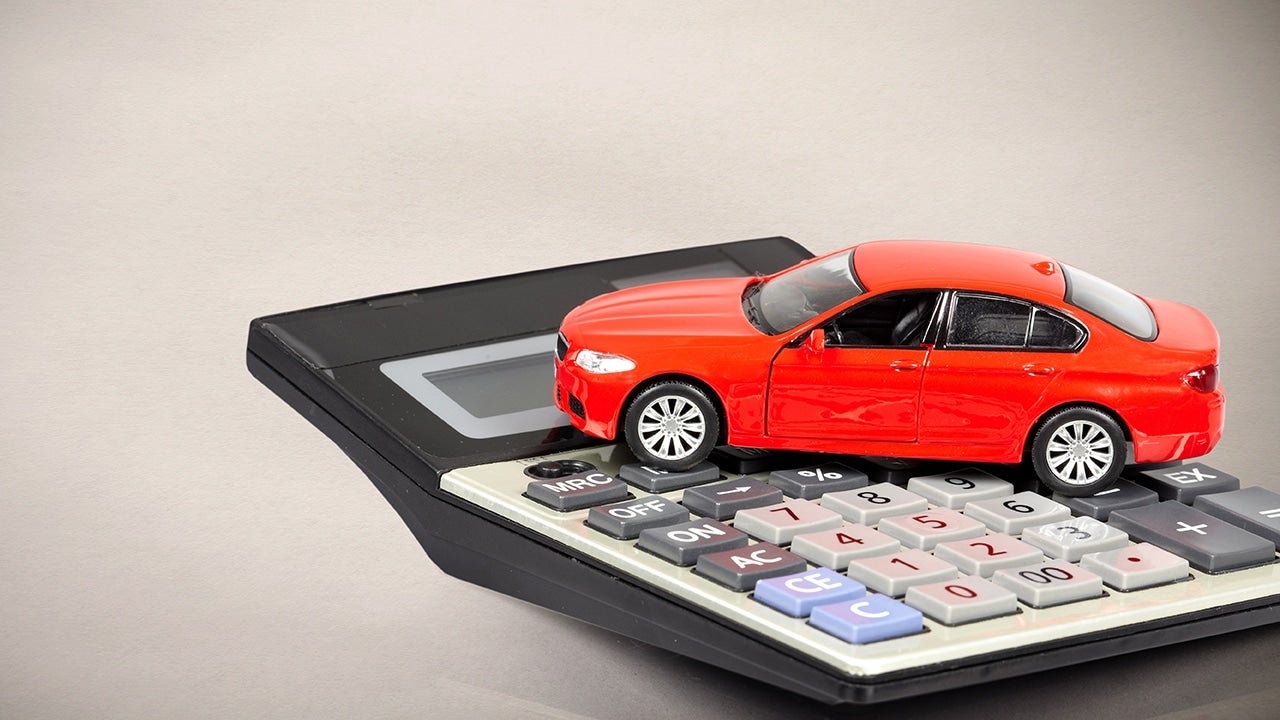The amount you can sell your car for depends on several factors. Even though many dealerships and car value authorities use similar information to determine offers, estimates and value ranges, different dealerships and private buyers may offer you varying amounts for your vehicle.
What Affects a Vehicle’s Value?
Below, we’ll cover the primary elements that determine your vehicle’s value.
Vehicle Age
The general rule is that as your car gets older, it becomes less valuable. This doesn’t apply to vintage or classic cars that gain value for their restoration and rareness on the car market. In most cases, cars that are past three to five years old are more likely to have mechanical problems and suffer breakdowns from use over the years. They also typically lack the most up-to-date car technology that newer models have.
Make and Model
Luxury brands demand higher prices when they’re bought new. Similarly, when you sell a car from an automaker brand known for its luxury vehicles with great parts and special safety features, you’re more likely to demand a better price from prospective buyers.
Car brands that have high dependability can also fetch higher prices because they’re less likely to have mechanical problems. According to the J.D. Power 2023 U.S. Vehicle Dependability Study℠, the top three most dependable car brands are Lexus, Genesis and Kia. If you own a car from one of these brands, for example, you may be able to get more when selling it.
In terms of model, some cars are built for leisure and speed while others are built to hold more or haul heavy materials. Often the price you can sell your car for depends on what a buyer is looking for.
Vehicle Condition
If your car has suffered multiple mechanical problems in the past or shows signs of corrosion, paint reduction or environmental damage, you may not be able to sell your car for a top price. It’s important to keep your vehicle as clean, dent-free and mechanically sound as possible before selling. If your car has mechanical problems, try to resolve these issues before putting it on the market.
How You Choose To Sell
When it comes to how you sell your vehicle, you have several options. You can choose to sell your car to a dealership, an auto marketplace or a private buyer. If you’re looking for a new car or want to upgrade, consider using your car as a trade-in. However, the method you choose to sell your vehicle can impact your potential selling price.
According to J.D. Power, trade-in values for used vehicles tend to be lower than a given car’s potential market value. This means that you’ll get less money trading in your car to a dealership than you would by just selling it outright. This is typically because a dealership has to put a lot of work into your traded-in vehicle to resell it.
Similarly, cash and other purchase offers from dealerships may be lower than a car’s expected market value. Dealerships often make offers that fall below potential resale value to ensure they recoup expenses and make a profit.
While private buyer-seller transactions can vary significantly, this option allows sellers the most control over the ultimate purchase price and other transaction details.
Current Market Prices
No matter how much you may love your car, most buyers won’t pay you more than the current market value of your vehicle. Whether you choose to trade your car in or sell it to a dealership or private buyer, having an idea of current market prices for similar vehicles can help you set realistic expectations and help with sale negotiations.

